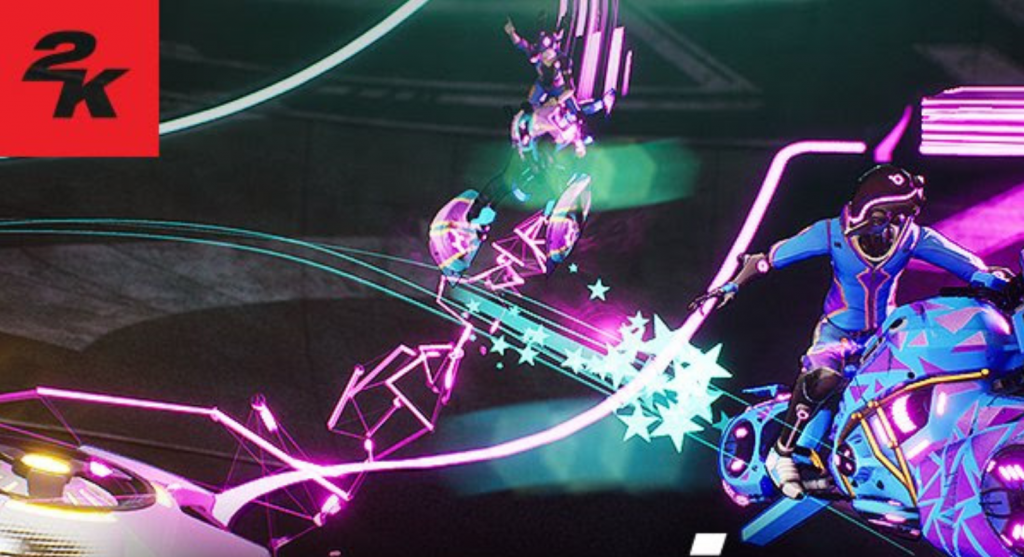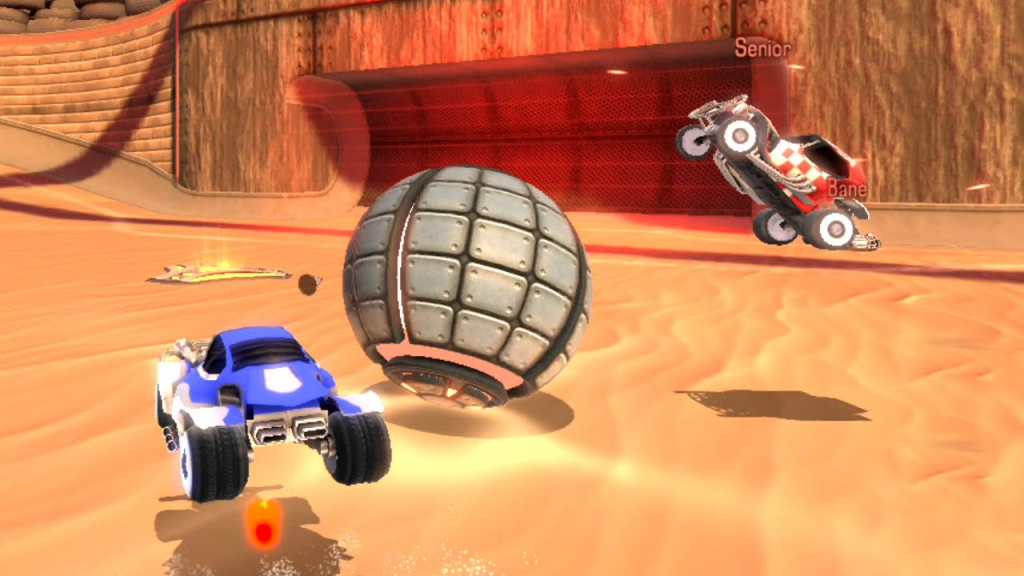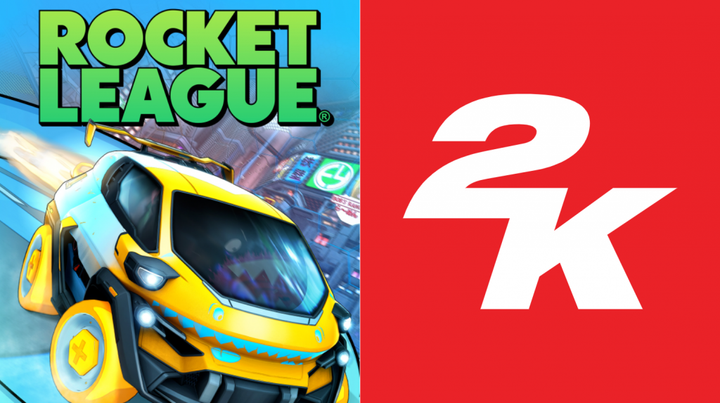Rocket League is unlike any other sports video game that depends on RNG animations depending on a multitude of variables at the press of a button. Instead, the 2015 title offers the player full control of a battle car and takes a fairly simple concept of cars hitting balls towards goals into complete accountability when it comes to performance.
This concept had been uncontested for half a decade and then some, at least until juggernaut 2K Games, developers of the NBA and WWE yearly releases, has allegedly shown interest in joining the fray.
According to investigative journalist Tom Henderson for eXputer, 2K is developing a video game aimed to “compete against Rocket League” with “TRON-like bikes rather than cars.”
To add to the variety, 2K is also planning to incorporate a damage system that includes aiming, shooting, and targeting glow discs that hinder your opponents' gameplay and give you the upper hand.
Rocket League-style title being developed by 2K Games

Whilst there exists a way to disrupt the opposition in current-day Rocket League-like bumps or demos, the mechanic is fairly simple compared to a more battle-type driving shooter that the 2K title suggests.
The working title for the release is “Gravity Goal” at the time of writing, but nothing is confirmed until an official trailer or press release goes public.
- RLCS pro receives death threats after cross-regional rivalry turns toxic
- RLCS pro Azmo perma-banned for anti-semitic, racist, and homophobic “jokes”
- Rocket League NASCAR 2022 Fan Pass - Everything you need to know
- Dignitas signs NFL player, Boston Scott, as RLCS substitute
With its closed Alpha wrapping up late last year, Henderson expects an official statement from 2K in the coming months and Gravity Goal to hit the digital shelves sometime in 2024.
Despite Rocket League’s basic concept, its success in the casual and esports realm is undeniable, constantly pulling partnerships with big names like 7-Eleven, NASCAR, Batman, Back to the Future, and Lamborghini to name a few.

This crossover success is easy to achieve when the building blocks Rocket League set down from the beginning allow for any vehicle from any trending IP to be introduced to the players’ garage.
This same principle can be seen implemented in Epic Games’ Fortnite and its shop, publishers who recently bought Rocket League and made it free-to-play launching it into the stratosphere in September 2020.
Whilst there are many things lacking in Rocket League that could be brought forward by Gravity Goal or forced into development by the mere presence of a competitor, it feels a little too late when a big developer tries to replicate a concept when the main source is seven years deep into its run.
Featured image courtesy of Psyonix and 2K Games.

 No ads, our video library,
No ads, our video library,

